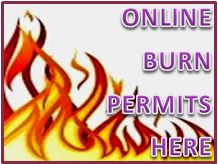Permit Types
Fire Protection System Permits
- An affidavit is required for work to be completed on an existing system, affecting five (5) or fewer devices/heads. Affidavits must meet the requirements listed on the Affidavit application.
- A modification permit is required for work to be completed on an existing system, as follows:
- Commercial Sprinkler: A modification is any work to be done on 6-10 heads, or that substantially changes an existing commercial sprinkler system, or affects/changes the design area.
- Residential Sprinkler: A modification is any work that substantially changes an existing sprinkler system or which exceeds the CAFMA Residential Sprinkler limit of 5 heads or affects/changes the design area.
- Fire Alarm: A modification is any work to be done on 6-10 devices, or that substantially changes an existing fire alarm system.
- Kitchen/Industrial System: A modification is any work that substantially changes an existing kitchen/industrial system or which increases the existing system’s number of flow points or volume limitations.
- A full fire protection system permit is required for all new installations, and any work to be done on an existing system that affects eleven (11) or more devices, including system demolition.
- Residential Sprinkler system requirements and a list of area subdivisions that require sprinklers regardless of square footage can be found HERE.
Special Event Permits
- Per 2018 IFC 105.6, a special event permit is required for non-construction work activities and temporary buildings and events, including but not limited to: commercial burning, hot work, blasting and pyrotechnics, tent and membrane structures, carnivals, and other special events. See the list below for a complete catalog of operational permits.
- Find required submittal forms here:
Permit Fees
Except as noted below, all fire protection system and special event permit fees include the following:
- Original plan submission
- One (1) plan resubmission
- One (1) inspection
Exceptions:
3 Inspections for a Commercial Fire Sprinkler System
2 Inspections for a Fire Alarm
3 Inspections for a Fire Main / FDC
3 Inspections for a Residential Fire Sprinkler System
Permit Application Submissions
All fire protection system and special event permit applications are submitted online. Contractors/vendors submitting permit applications in-person will be responsible for providing plans electronically, or will be charged the cost to convert paper plans to digital.
- Fire protection system permit applications shall follow the requirements as set forth in the Central Arizona Fire and Medical Authority (CAFMA) Construction Guidelines for Contractors and Architects.
- Fire protections system permits are valid for 180 days from the date of permit approval.
- Per 2018 IFC 105.3.2: One or more extensions may be granted by the fire code official, following a written request from the permitted contractor which demonstrates justifiable cause. Use the Permit Extension link above to request an extension before the permit expires.
- Per 2018 IFC 105.3.1: Once a permit has expired, a fee will apply to reinstate it. Use the Expired Permit Replacement link above to replace an expired permit.
- Special event permit applications must be filled out completely, including any required documents as listed on the permit application. Incomplete permit applications will not be accepted.
- Special event permit applications shall be submitted at least 14-days prior to the event or operational activity. Applications not submitted in the proper timeframe will be subject to the Expedited Plan Review fee.
- Per 2018 IFC 105.3.1: Special event permits remain in effect for the duration listed on the permit, or until reissued, renewed, or revoked.
Inspections
- Inspections are requested and scheduled through the SmartGov customer portal.
- Inspections shall be scheduled at least 24-hours in advance of the inspection; additional fees may apply for expedited or after-hours inspections..
- Any inspection cancelled less than 4-hours prior to the scheduled inspection will constitute a failed inspection. This may result in additional fees.
- Inspections that require a permittee in attendance, and fail to have a permittee in attendance, shall constitute a failed inspection. This may result in additional fees.

